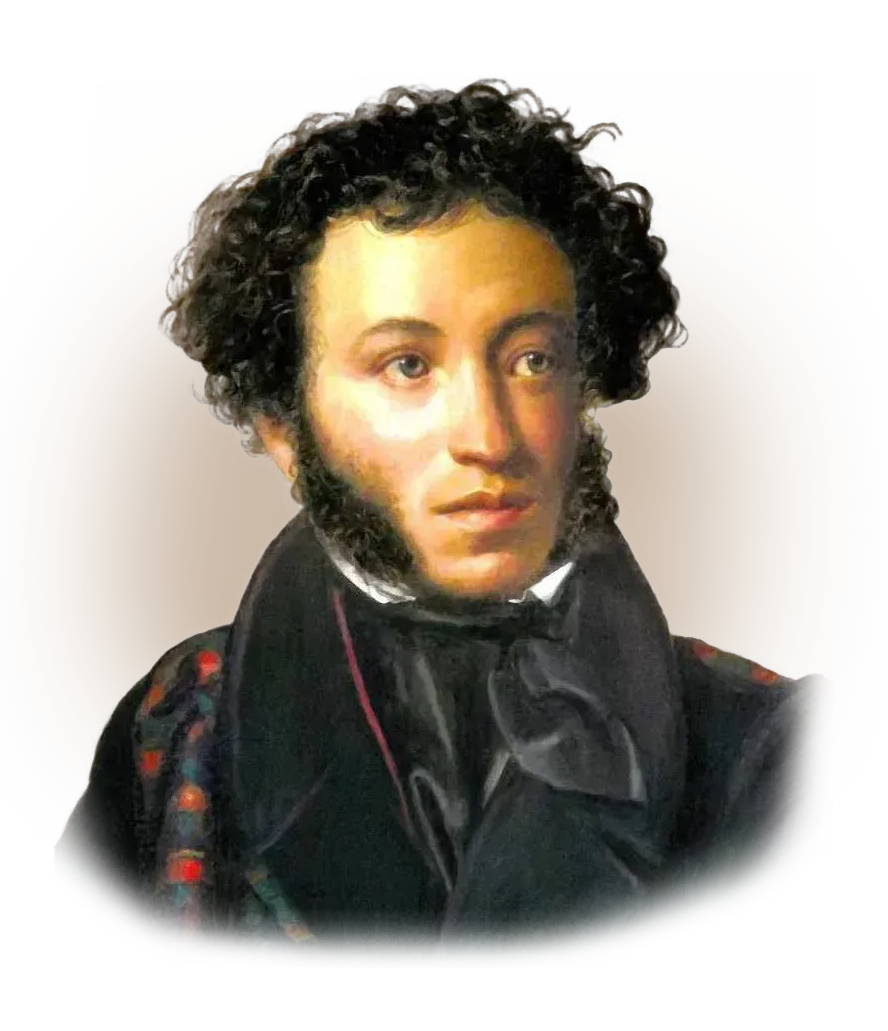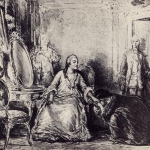
25.04.2023
Alexander Pushkin’s first exile was a result of his involvement in a literary circle that was critical of Tsar Nicholas I and his government. In 1820, Pushkin was summoned to St. Petersburg to explain the content of his poem “Ode to Liberty,” which was seen as politically subversive by the authorities.
Although Pushkin was able to convince the Tsar’s officials that the poem was not intended as a direct criticism of the government, he was nevertheless put under surveillance and subjected to restrictions on his movements and activities.
In 1823, Pushkin was exiled to his family estate in Boldino, about 600 kilometers east of Moscow. This was seen as a lenient punishment compared to the harsher measures that had been taken against other members of the literary circle. However, the isolation and boredom of his exile proved difficult for Pushkin, who longed for the intellectual stimulation and social life of St. Petersburg.
Pushkin’s first exile lasted for two years, during which he wrote some of his most famous works, including “Eugene Onegin” and “The Bronze Horseman.” He was eventually allowed to return to St. Petersburg in 1826, but he remained under government surveillance for the rest of his life.





